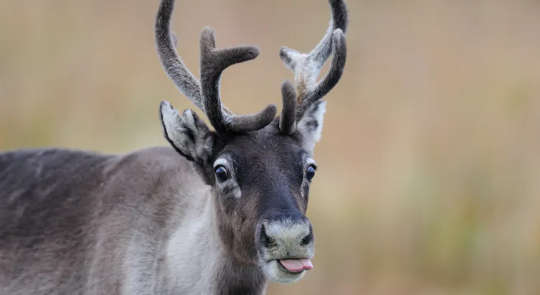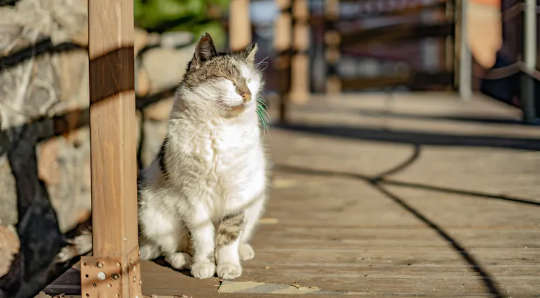After a winter of lockdown and with coronavirus restrictions beginning to lift across the UK, many will be hoping for good weather this summer. Restrictions on foreign travel have meant that more people plan to stay within the UK for their summer holidays than ever before.
This shift, along with our social lives increasingly being based outside, makes it particularly important that people don’t underestimate the risks posed by the sun in the UK.
Get The Latest By Email
Skin damage caused by the sun is associated with both skin cancer and premature ageing of the skin. The culprit in both cases is ultraviolet radiation (UV). Invisible to human eyes, although it can be seen by many animals, including reindeer, UV sits just beyond the purple end of the visible light spectrum.
One reason that it is so harmful is that its energy can be absorbed by our cells’ DNA, causing it to become damaged. If the cell isn’t able to repair this DNA damage, this can lead to genetic changes, or mutations, which in turn can cause cancer. Because of their location on the surface of the body, skin cells are the main target for UV damage.
The body does have some protection against these harmful effects. Molecular mechanisms within our cells are able to detect and repair the DNA damage before it can cause mutation. When skin cells detect DNA damage, they activate alarm signals that get passed on to pigment-producing cells to tell them to start producing more pigment to help protect against further damage. It’s the production of this pigment, melanin, that causes a suntan.
A tan is therefore a sign that your skin has been damaged. The protection it provides has been estimated to be equivalent to an SPF of around 4. This means that although it will take four times longer in the sun to do so, you can still burn.
 If you don’t have easy access to a reindeer, you can always check the UV index online. MM.Wildlifephotos/Shutterstock
If you don’t have easy access to a reindeer, you can always check the UV index online. MM.Wildlifephotos/Shutterstock
If you’re exposed to lots of UV, then the amount of DNA damage can overwhelm cells’ defences. All is not lost though, because a damaged cell has a final line of defence where it can activate death programmes, “choosing” to die by a process called apoptosis. This means that badly damaged cells, which could go on to become cancerous, are eliminated from the body before they can cause harm.
Anyone who’s ever had sunburn has experienced this process in action. Huge amounts of dying cells in the skin leads to inflammation, causing the characteristic painful reddening of the skin that can be an unpleasant end to a day out in the sun.
The risk of cancer
But sometimes these defences aren’t enough, and the damage to the skin caused by UV can lead to skin cancer. UK skin cancer rates have soared over the past decades as foreign travel has become more common and attitudes towards tanning have changed. Staggeringly, a recent study has shown that skin cancer is up to eight times more common today than it was in the early 1980s.
What does this mean as we all keep our fingers crossed for a “BBQ summer”?
While it’s true that the intensity of UV is not as high in the UK as in the Mediterranean or other low-latitude holiday destinations, the country is about to enter the months where UV intensity is at its peak. It’s important to bear in mind that it’s still possible to be exposed to harmful levels of UV when out and about in the UK, particularly for children or people with fair skin that tends to burn easily or freckle. After months of lockdown, many might be desperate to get out into the sunshine, but it’s important not to overdo it and there are safer ways to get a tan.
It can be quite difficult to judge how much UV you’re being exposed to, as levels can be quite high even on some cloudy days. One way to protect yourself is to be aware of the UV index, which is a measure of how strong the UV rays are each day.
This will help you know whether you need to use sun protection such as hats, clothes and a broad protection suncream of SPF 20 or above, thinking about how long you’ll be out for. It’s a good idea to take extra care between 11am and 3pm when the sun is at its peak.
Taking a few simple precautions means that everyone can enjoy the sun safely when lockdown ends. Now let’s just hope this summer has plenty of sunny days to enjoy.![]()
About The Author
Sarah Allinson, Senior Lecturer, Lancaster University
books_health
This article is republished from The Conversation under a Creative Commons license. Read the original article.









